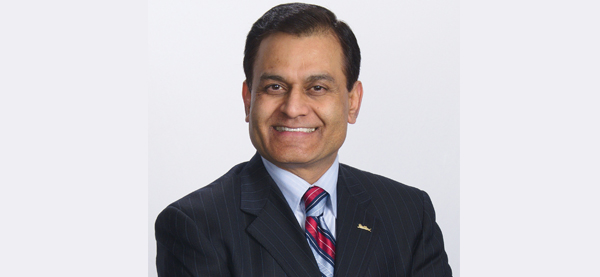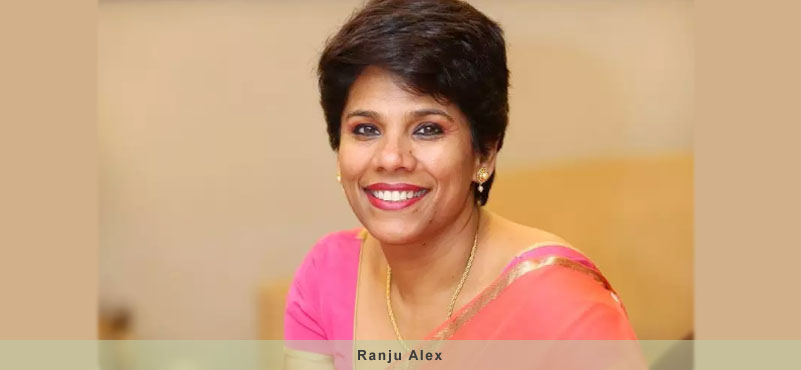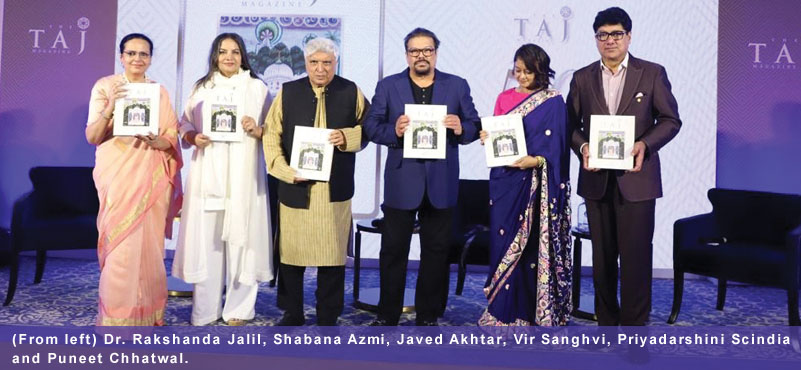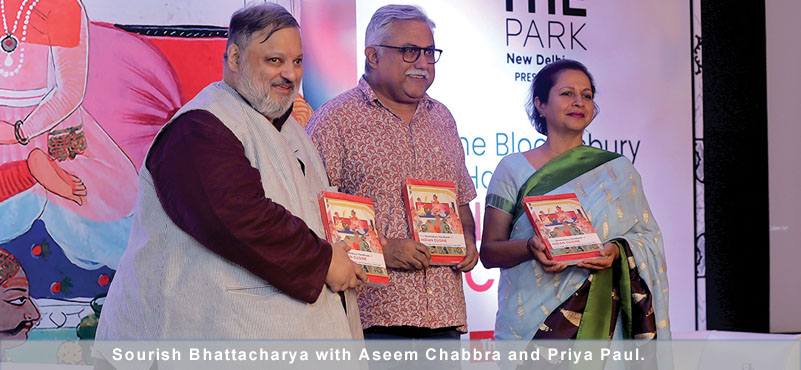Raj Rana, CEO – South Asia, Carlson Rezidor Group calls the recently implemented GST a welcome move which is likely to boost secondary and tertiary markets. He shared that the Group would continue to focus on the mid-segment in a major way to maintain its pole-position in key markets. Excerpts from an exclusive interview:
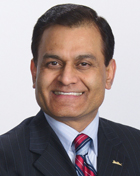 How would you react to the slab rates put in place with the launch of the GST? Luxury tax has been pegged at 28%, while the mid-segment, too, will have to shell out 18% tax. Do you see any impact of this development on the commendable growth that the mid-segment hotels have mustered in past few years?
How would you react to the slab rates put in place with the launch of the GST? Luxury tax has been pegged at 28%, while the mid-segment, too, will have to shell out 18% tax. Do you see any impact of this development on the commendable growth that the mid-segment hotels have mustered in past few years?
The revised GST slabs have provided some relief to the hotel industry and reflect the ground realities better. Tier II and tier III cities in India have been largely protected under GST, which is where a lot of domestic travel takes place. However, the tax rate is still higher than most neighboring countries which does put India in a disadvantageous position vis-à-vis global tourism.
At Carlson Rezidor Hotel Group, we are upbeat on the mid-scale segment in the country and continue to invest in it through our brands Country Inns & Suites by CarlsonSM and Park Inn by Radisson. Country Inns & Suites by CarlsonSM, a leader in the upper midscale hotel segment in the country, currently constitutes 27% of our brand portfolio and is operational across all major tier II and tier III cities, pilgrimage destinations, leisure cities etc.
I wish to draw your attention to the Noida market. It has traditionally been one of the most under-performing markets in the country, and has not really lifted off the way the industry expected it to. In the recent few months, we have seen some developments, with Park Plaza being relaunched and another hotel group launching a luxury service apartment in the vicinity. Do you reckon this indicates that the market performance is improving off late?
Delhi NCR is a key market for us and Noida remains a promising destination due to its thriving corporate suburb. With the government announcing a greenfield airport (Greater Noida), improved transportation, speed of travel and infrastructural push, we expect residential occupancy to pick up and further aid corporate presence. Greater Noida, already known for its sound planning and infrastructural finesse will be a strong propeller in uplifting the corporate, residential and real estate market in the city and hotel development will build up on the back of these factors.
At Carlson Rezidor Hotel Group, we are positive about the Noida and Greater Noida market and have two Radisson Blu hotels and one Radisson hotel already operating in the city. We are also introducing Park Plaza and our mid-scale brand Country Inns & Suites by CarlsonSM to Greater Noida soon and are confident of their success.
The Carlson Rezidor group recently inked a partnership with Dineout, with an eye on the F&B segment. We presume that the idea is to predominantly tap the local traffic. What are your thoughts on this and how critical is the segment in driving overall revenue for the group? Would you share the overall percentage of revenue F&B generates for your group?
Food and Beverage (F&B) is an important component of the hospitality business and accounts for nearly 40-50% of our revenue.
With evolving technological landscape aided by increased internet penetration and use of smartphones, we recognize the need to provide a solution for our F&B outlets and are happy to partner with Dineout, India’s premier table reservation service. This partnership adds breadth to our ‘local connection’ and resonates with tech-savvy diners.
Talk to us about the projects in the pipeline. The group’s presence in tier-2 cities, especially, has been formidable, and it has also played a role in driving footfalls to several destinations, creating more prominence to their tourism offerings. What is the plan ahead for the next few years? What are the regions where the focus would be?
Carlson Rezidor Hotel Group has seen strong growth in India which is a key market for the group globally. We have 85 operating hotels in the country across Radisson Blu, Radisson, Park Inn, Park Plaza and Country Inns & Suites by CarlsonSM brands. Keeping in mind the ever-changing needs of digital age and millennial guests, we are also introducing Radisson RED in India soon, which will resonate with customers through its lifestyle oriented aspects like art, music and fashion.
The company continues its growth strategy via management, selective franchising and conversions with a target to have 170 hotels in operations and under development by 2020 from the current number of 140+ hotels in operation and under development.
We expect strong growth in the mid-scale segment of the industry in tier II and tier III cities buoyed by an infrastructural boost and higher propensity for spending amongst the middle class. Therefore, we are focusing heavily on our brands Country Inns & Suites by CarlsonSM and Park Inn by Radisson to tap the potential of this segment. Our brand Country Inns & Suites by CarlsonSM is already an established leader in the upper midscale hotel segment in the country as well as globally. It currently constitutes 27% of our brand portfolio and is operational across all major tier II and tier III cities, pilgrimage destinations, leisure cities etc.
Room rates has been a sensitive subject for hotels and despite having done well on the occupancy front, rates have not grown proportionately, causing much stress and frustration for investors. How do you see hotels balancing the aspirations of investors and yet maintain a rate structure which ensures adequate profitability and occupancy? Is the balancing act achievable in the near-term? What is the ideal way forward?
Low average room rates are the bane of hospitality industry. If we compare the cost of land and total investment in building a hotel in Delhi or Mumbai to other international world class cities like Singapore or Manhattan, room rates in India are much lower. Further higher proportion of domestic business and value conscious client base put pressure on delivering profit margins.
An emerging trend in the Indian hospitality industry is brands pushing for clearer differentiation between various segments and in that process helping align value expectations (i.e. pricing relationship) to those segments. Amenities such as room service and valet parking are a strain on mid-scale hotels and are expected only in full service hotels world over.
While the last few years have seen excess supply, we believe that the equilibrium is now being restored. Occupancy continues to grow and rates are bound to follow. There will be a gradual reflection of this on margins.

